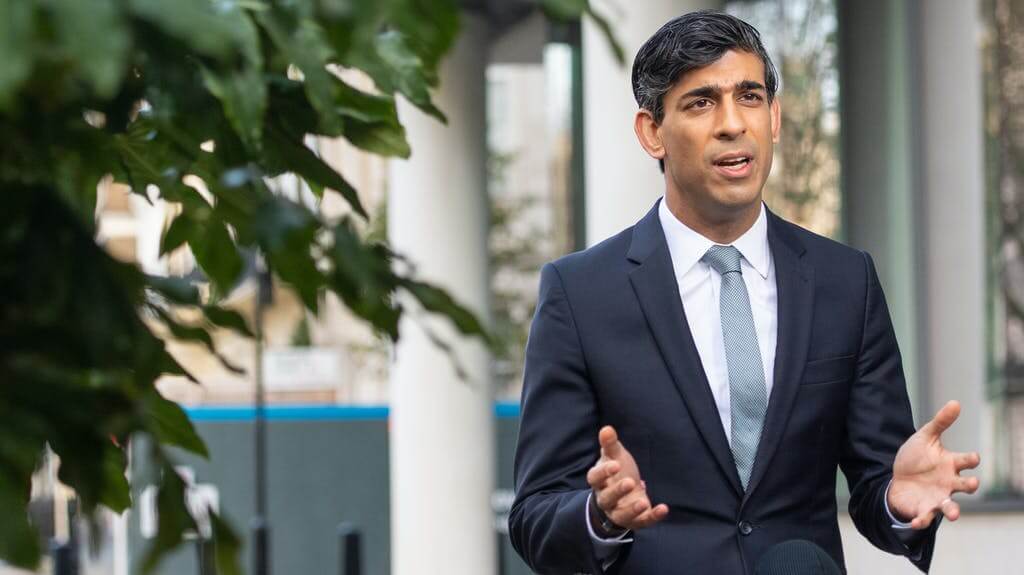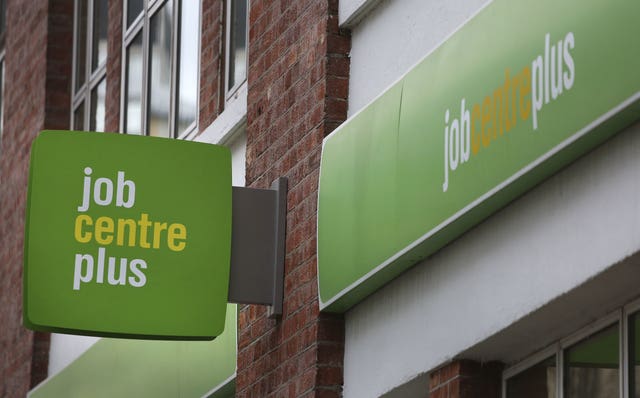Chancellor to promise £2.9bn to get a million jobless back into work as he prepares a public sector pay cap.
Sunak Vows Jobs Will Be ‘Number One Priority’ In Spending Review
Chancellor to promise £2.9bn to get a million jobless back into work as he prepares a public sector pay cap.

Rishi Sunak is pledging to make jobs his “number one priority” as he sets out his first Spending Review against the backdrop of an economy ravaged by the effects of Covid-19.
In his Commons statement on Wednesday, the Chancellor will announce the launch of a three-year Restart programme, worth £2.9 billion, which will help more than a million unemployed people get back into work in the wake of the pandemic.
But while business leaders have welcomed the moves to support jobs, Mr Sunak is braced for a backlash from trade unions over an expected freeze on public sector pay as he begins to repair public finances.
He also faces criticism – including from some senior Conservatives – over widely signalled plans to cut foreign aid, suspending the UK’s commitment to spend 0.7% of national income on overseas development.

Ahead of his statement, the Chancellor has insisted he is not planning a return to “austerity” and would continue to support the economy as it sought to recover from the fall-out from the pandemic.
As well as the Restart programme, with tailored help for those out of work for more than 12 months, there will be £1.4 billion promised to increase the capacity of Jobcentre Plus and a £375 million skills package.
Unusually, because of the economic uncertainty caused by the virus, most Government departments will only receive a one-year spending allocation rather than the usual multi-year settlement.
An exception has been the Ministry of Defence which has already been given a four-year deal – worth more than £7 billion in real terms according to the Institute for Fiscal Studies – to modernise Britain’s armed forces.
Other commitments are expected to include £3 billion more to support the NHS, including £1 billion to address the treatment backlogs built up while it was dealing with the Covid-19 crisis.
There will also be measures to support Boris Johnson’s “levelling-up” agenda with the publication of the much-delayed National Infrastructure Strategy and investment across the UK’s regions and nations, including £1.6 billion for local roads.
At the same time however, the Chancellor will take the first steps towards rebuilding the public finances after government borrowing soared and economic activity ground to a halt due to the pandemic.
The scale of the challenge was underlined by official figures last week which showed that public sector debt had passed the £2 trillion mark for the first time in UK history – taking it over 100% on national income.
It will include a new round of public sector pay restraint – with wages for more than four million workers capped or frozen altogether, with only front line NHS doctors and nurses expected to be exempt – while the Chancellor is also reportedly planning to scrap a planned 5% increase in the national living wage.
The moves have angered unions who said public sector workers bore the brunt of austerity cuts after the global financial crash but Mr Sunak is expected to argue that is the private sector which has been hit the hardest in the pandemic.
He is also expected to announce he is cutting the overseas aid budget to 0.5% of national income – a move denounced as a “strategic mistake” by former prime minister David Cameron who enshrined the 0.7% commitment in UK law.
In 2019 the total aid budget was £15.2 billion but as the target is linked to the health of the economy the amount for 2020 will be lower. Foreign Secretary Dominic Raab has already set out a £2.9 billion package of cuts.
A cut to 0.5% has been estimated to wipe around £4 billion from the overall budget, although that would depend on the level of national income.
Ahead of his statement, Mr Sunak said: “My number one priority is to protect jobs and livelihoods across the UK.
“This Spending Review will ensure hundreds of thousands of jobs are supported and protected in the acute phase of this crisis and beyond with a multibillion package of investment to ensure that no-one is left without hope or opportunity.”
Shadow chancellor Anneliese Dodds said the country was facing a “jobs crisis” as a result of the Conservatives’ “irresponsible choices” and economic mismanagement.
“They clapped for key workers – but now they’re freezing their pay, and looking to scrap planned minimum wage increases for the private sector,” she said.
“That will hit people’s pockets and pull spending out of our small businesses and high streets when many are already on their knees.
“We need a relentless focus on jobs and growth to get the economy back on its feet.”
Thanks for signing up to Minutehack alerts.
Brilliant editorials heading your way soon.
Okay, Thanks!

